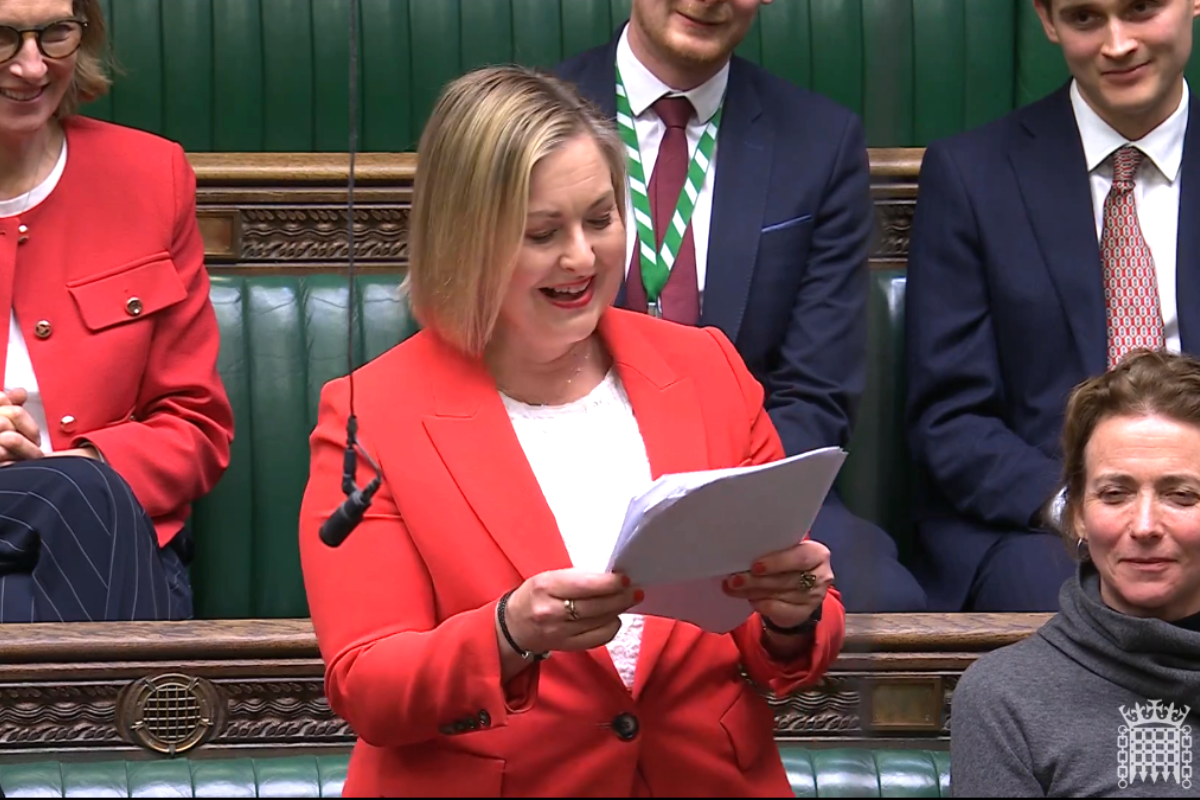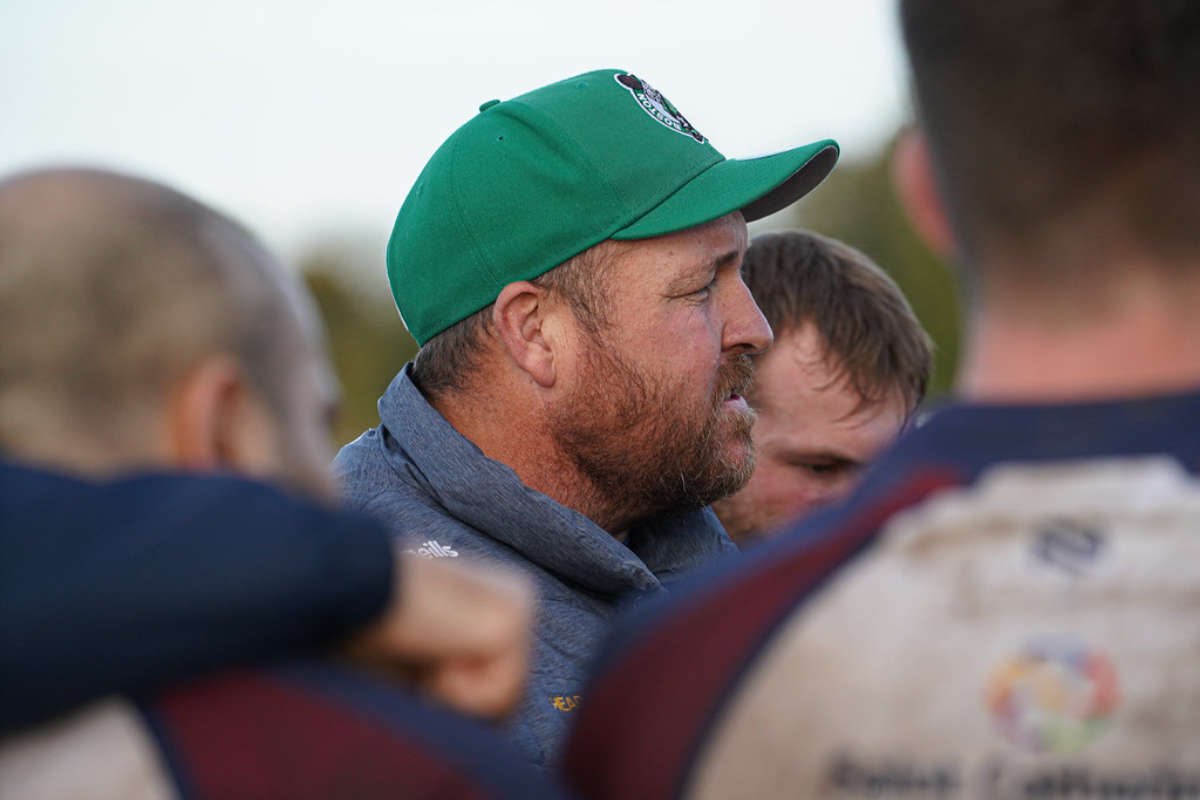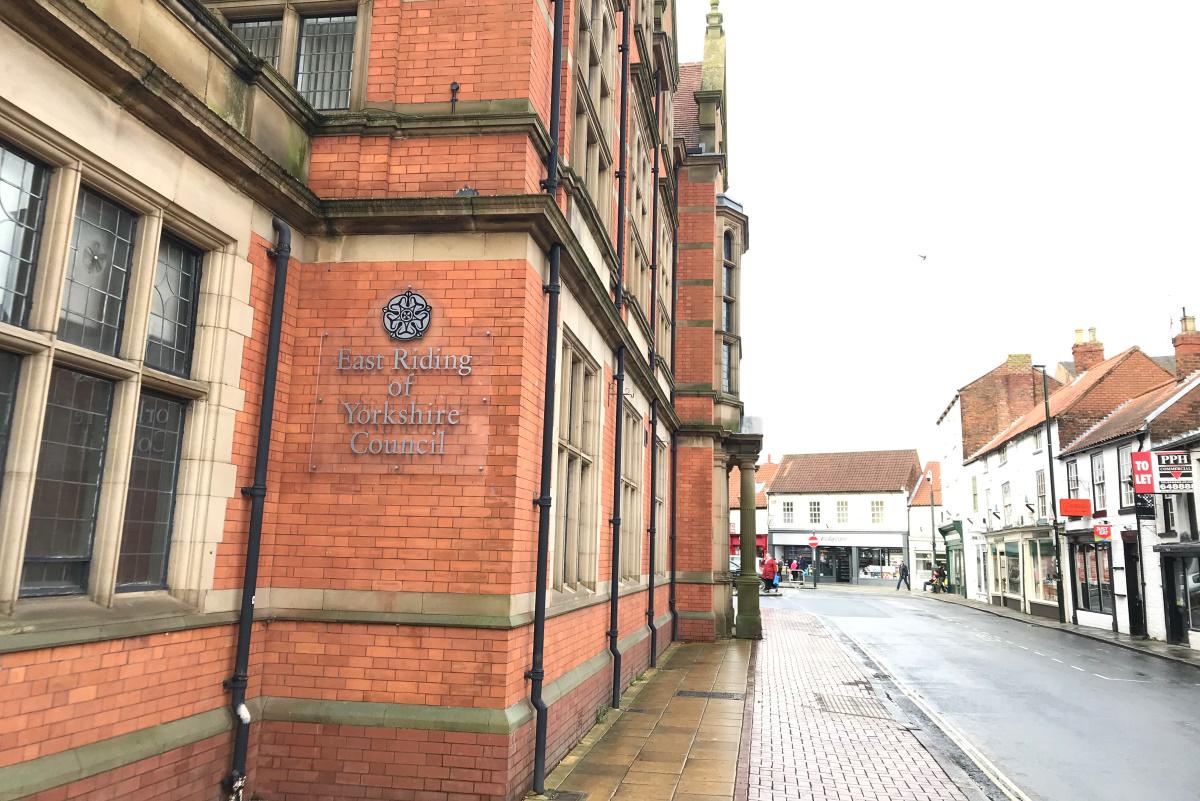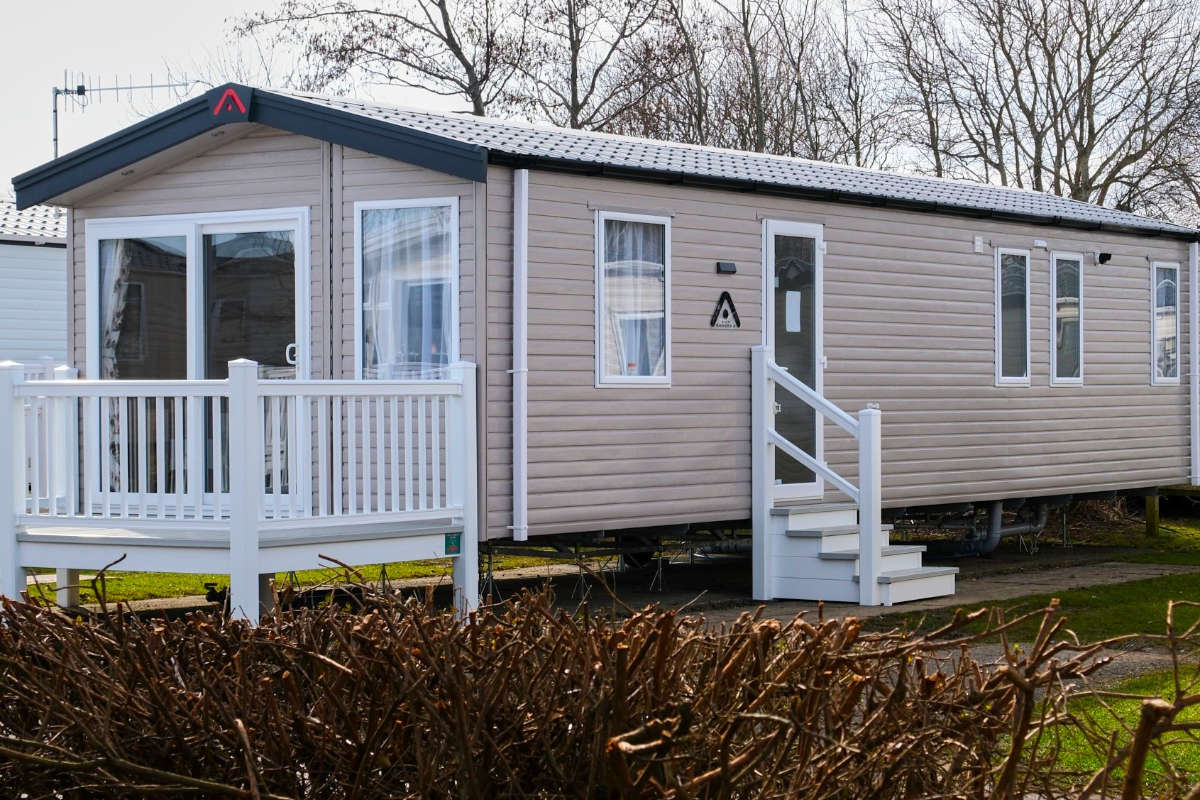
‘Whitby Woman’ has become a topic of national discussion during the general election campaign, but what does it mean?
In the course of the general election campaign, one particular voter has been highlighted above others as potentially wielding considerable influence come polling day: ‘Whitby Woman’.
In recent days, several national newspapers including the Financial Times, Guardian, and The Telegraph have also run articles on the topic.
The term does not refer to one individual but rather a key demographic which many pollsters have suggested could help swing the election result one way or the other.
In short, parties are increasingly targeting a demographic of women voters in their sixties who voted for Brexit and backed Boris Johnson in 2019.
This group of ‘Whitby Women’ are now undecided and some have said could be crucial in deciding the scale of defeat or victory faced by parties.
Luke Tryl, executive director of More in Common UK, has said that ‘Whitby Woman’ will play “an outsized role in shaping the result when the country goes to the polls” on July 4.
The Telegraph also dubbed ‘Whitby Woman’ as the voter who could “save the Tories from electoral wipeout”.
But has the power of this elevated voter been oversimplified and is it a useful way of speaking to voters?
Dr Anna Sanders, a lecturer in British politics at the University of York, thinks that while the term could be seen as an “oversimplification” it is also “a really important step forward that parties are beginning to recognise the importance of women’s votes”.
Speaking to the Local Democracy Reporting Service (LDRS), Dr Sanders said:
“It’s important to remember that they won’t decide the election outcome but they could determine the extent of the Conservatives’ defeat.
Many of the issues on the minds of voters in Whitby are concerns shared elsewhere in the UK: access to local healthcare, the provision of education, transport links, and the state of the environment – topics that were also frequently raised in May’s mayoral election.
Recent modelling from YouGov has suggested that Scarborough and Whitby could become a Labour gain.
But with around 15 per cent of voters nationally still undecided and almost a month before the election, the polling company has said that things will change “one way or the other before then”.
Speaking to the LDRS, Dr Sanders said that a key factor in the election result would be turnout.
“The average voter is actually a woman as women make up 52 per cent of the electorate.”
“What will determine the result… is whether these voters turn out to vote,”





 Scarborough and Whitby MP Supports New Coastal Communities Minister
Scarborough and Whitby MP Supports New Coastal Communities Minister
 Scarborough School Uniform Giveaway
Scarborough School Uniform Giveaway
 Stephen Walker Bags Hattrick As Scarborough Put Four Past Marine
Stephen Walker Bags Hattrick As Scarborough Put Four Past Marine
 Whitby Town Out Of Bottom Four After Last Gasp Drama
Whitby Town Out Of Bottom Four After Last Gasp Drama
 Scarborough Rugby Celebrate Best Finish- Hornsea Promoted
Scarborough Rugby Celebrate Best Finish- Hornsea Promoted
 In-Form Brid Shock Promotion Chasers
In-Form Brid Shock Promotion Chasers
 Pickering Town End Season All Square
Pickering Town End Season All Square
 New Local Plan For East Riding
New Local Plan For East Riding
 Pickering School Wins National Accolade
Pickering School Wins National Accolade
 Charity’s New Filey Holiday Home Will Support Yorkshire Families
Charity’s New Filey Holiday Home Will Support Yorkshire Families
 Health Chief Reports Teen Bullying Worries in North Yorkshire
Health Chief Reports Teen Bullying Worries in North Yorkshire
 Injured Yorkshire Coast Seal Back in the Water
Injured Yorkshire Coast Seal Back in the Water








Comments
Add a comment